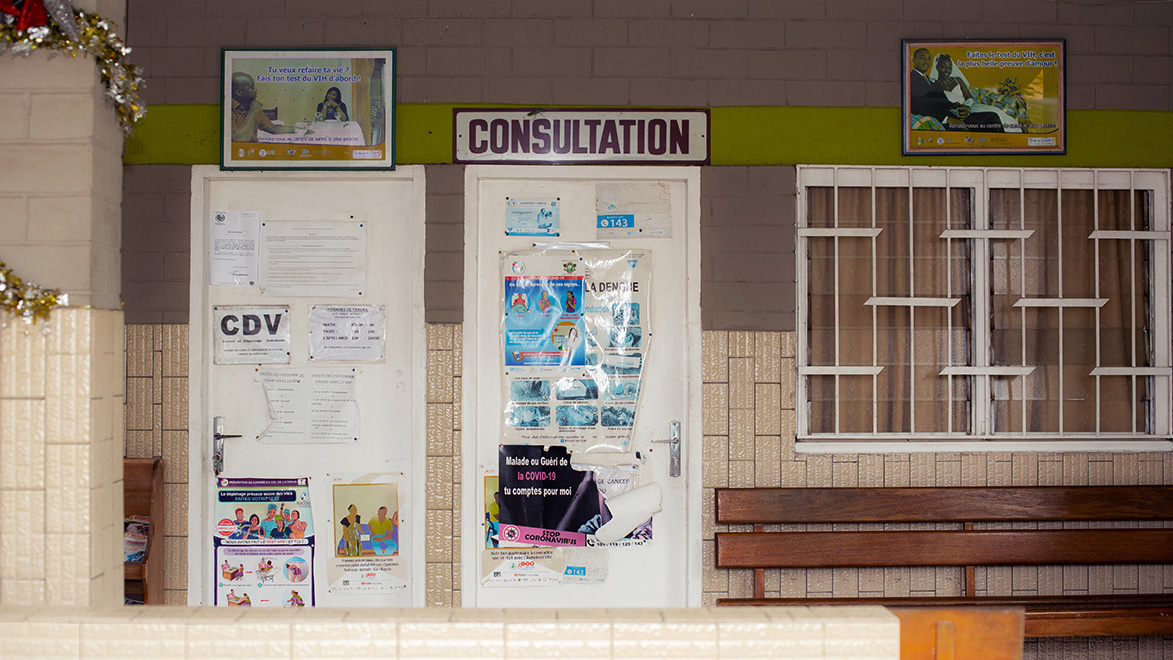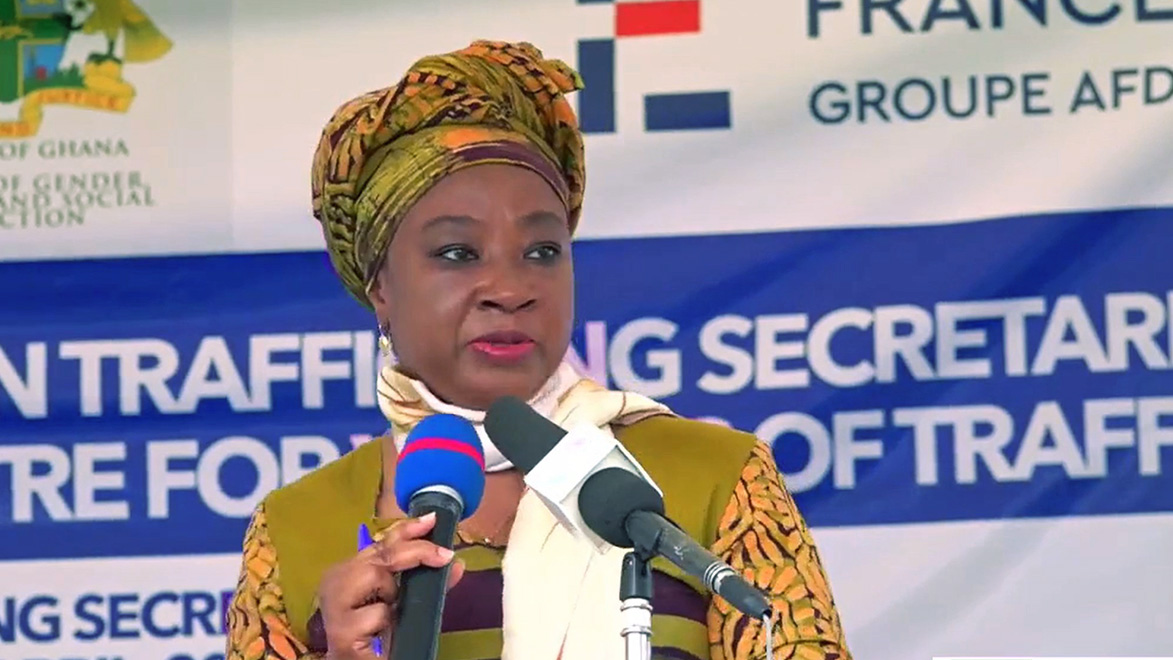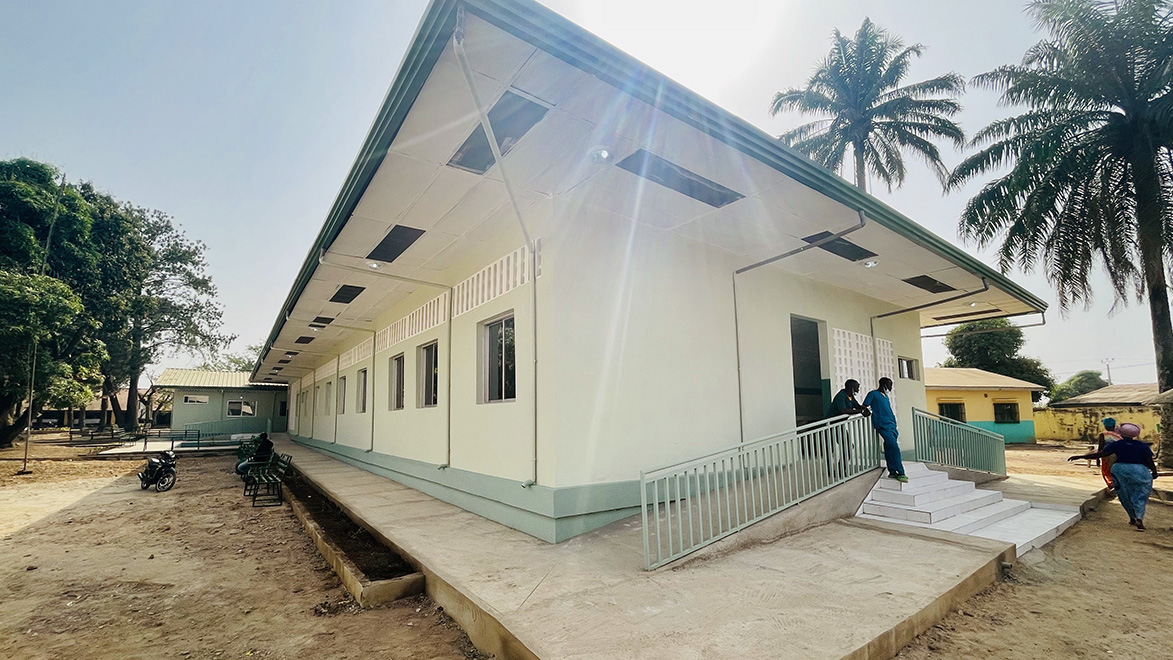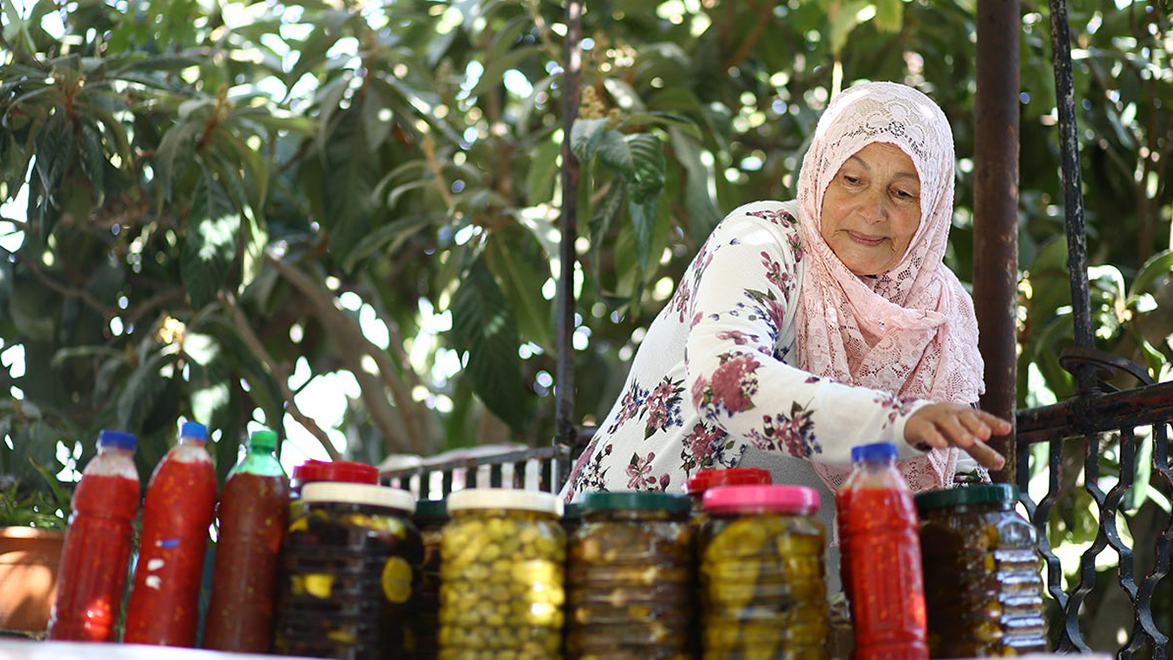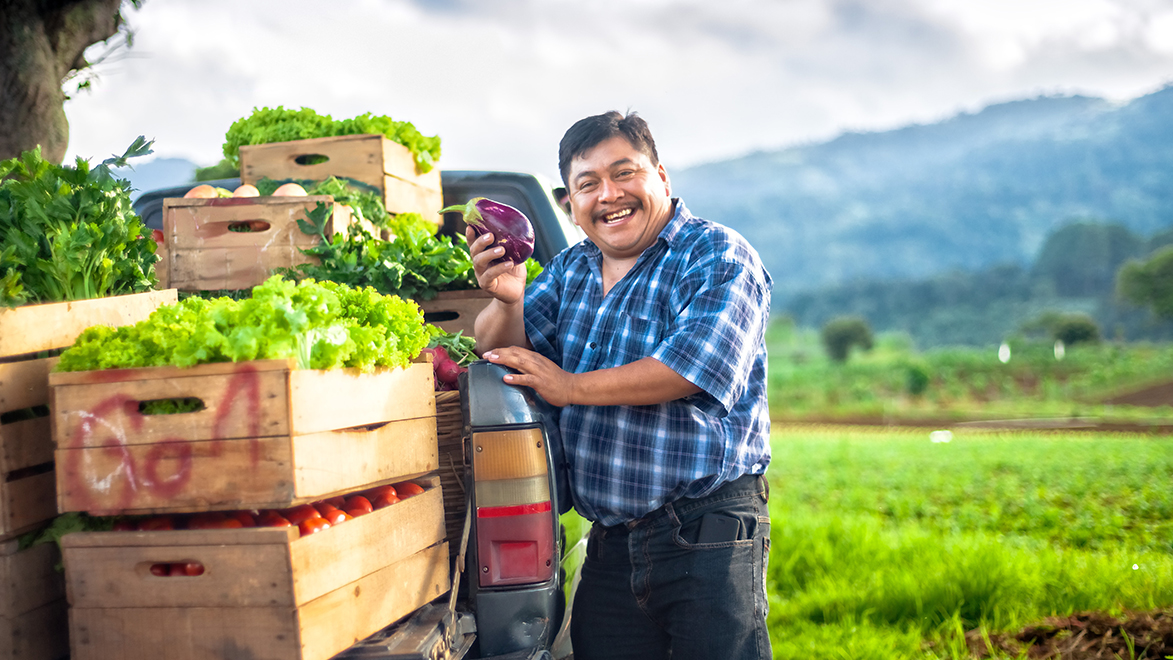SDG 12
Reducing Plastic Use in Vietnam
INTERVIEW Through the Rethinking Plastics project, Expertise France has contributed to fighting plastic pollution in seven Asian countries since 2019. Here we focus on a key initiative in Vietnam.

With KIM THI THUY NGOC,
Project Manager, Division of Science and International Cooperation, Institute of Strategy and Policy on Natural Resources and Environment, Vietnam
Plastic waste is the cause of an alarming environmental crisis in Vietnam.
Along with the economic development in Vietnam in recent decades, there has been a constant increase in the production of solid waste, including plastic waste. Today, about 730,000 tons of plastic waste end up in the sea each year, and nearly 50% of plastic products are designed for single use and then thrown away.
The case of plastic bags is particularly striking. According to the Vietnamese Ministry of Natural Resources and the Environment, about 31.4 billion plastic bags are thrown away each year. Only 17% are reused and recycled. Without appropriate waste management, these single-use plastic items will soon end up in landfills or the environment.
Meanwhile, in cities, the percentage of plastic waste in the total amount of solid waste is increasing. This can be explained with a quick assessment of the Vietnamese population’s consumption habits: Plastic use per capita went from 3.8 to 41.3 kilograms between 1990 and 2018.
To protect future generations, the production and use of single-use plastic bags must be reduced. It’s also urgent to develop alternative products to guarantee sustainable production and consumption.
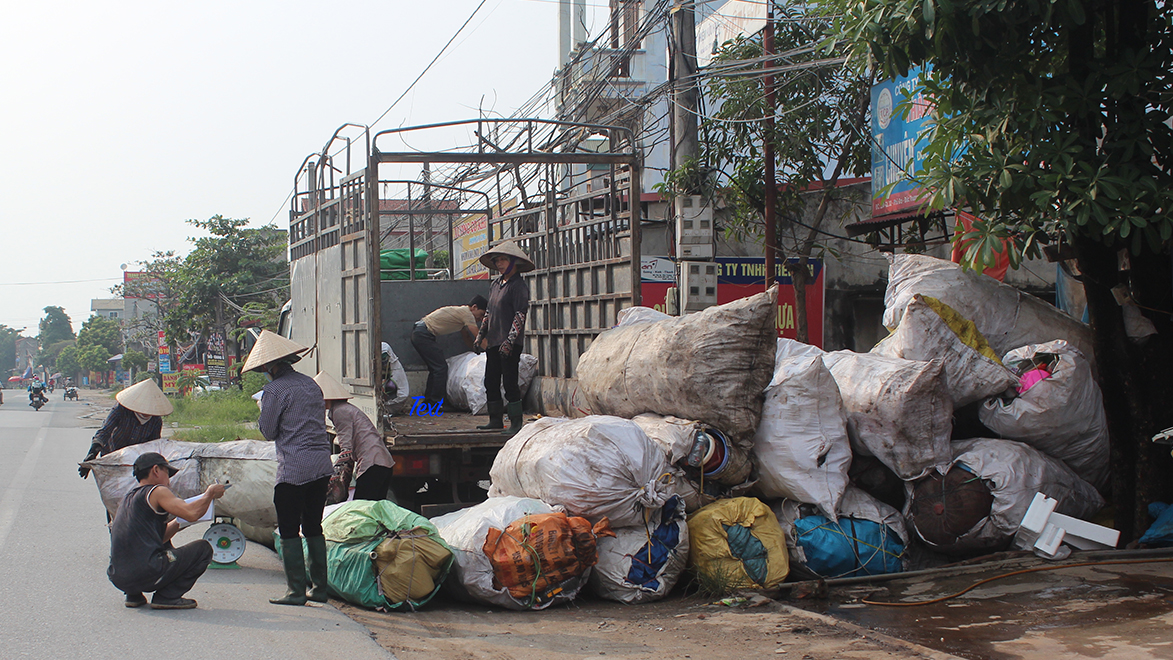
The Rethinking Plastics project helps lead South-East Asian countries toward more sustainable production.
How does the Rethinking Plastics project help tackle these challenges in the country?
Through a pilot project, Expertise France worked in close collaboration with Hanoi’s Industry and Trade Department to set up a retailers’ alliance that works towards reducing single-use plastic bags in supermarkets. A memorandum of understanding was finalized and discussed with retailers to extend the initiative’s reach. To date, 16 retailers have joined the alliance.
Communication campaigns to help reduce single-use plastic bags were then examined. Some of them were presented to the alliance’s members. Public relations actions were also developed and implemented to nudge client behavior toward more sustainable consumption.
In Vietnam, about 31.4 billion plastic bags are thrown away each year.
To what extent do these actions promote responsible consumption and production in Vietnam?
These actions are already contributing to reaching the objectives set by Vietnam’s 2021-2030 action plan for sustainable production and consumption. This plan aims to increase to 85% the proportion of supermarkets and shopping centers that distribute and use environmentally friendly packaging products.
Through the pilot project, assistance was provided for Hanoi to implement an action plan for the avoidance and control of plastic waste and bags. This project can be considered as a template for a roadmap aiming to limit the production and importation of single-use plastic items, nonbiodegradable plastic packaging, and products and merchandise containing microplastics.
Interview conducted in June 2022
Achieving SDG 12
The Responsible Consumption and Production sustainable development goal encourages producers, consumers, and governments to reflect on their modes of consumption and their impact. Expertise France contributes to meeting this SDG by assisting partner countries in the implementation of policies aiming to limit the impact of consumption on the environment.
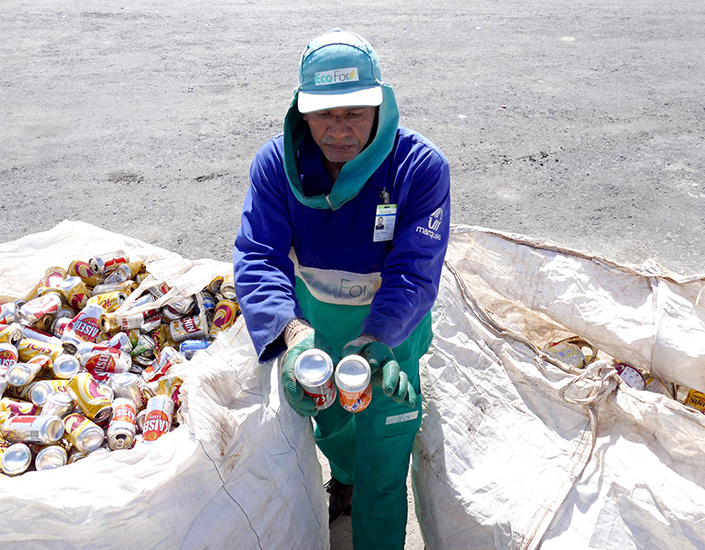
Further reading








